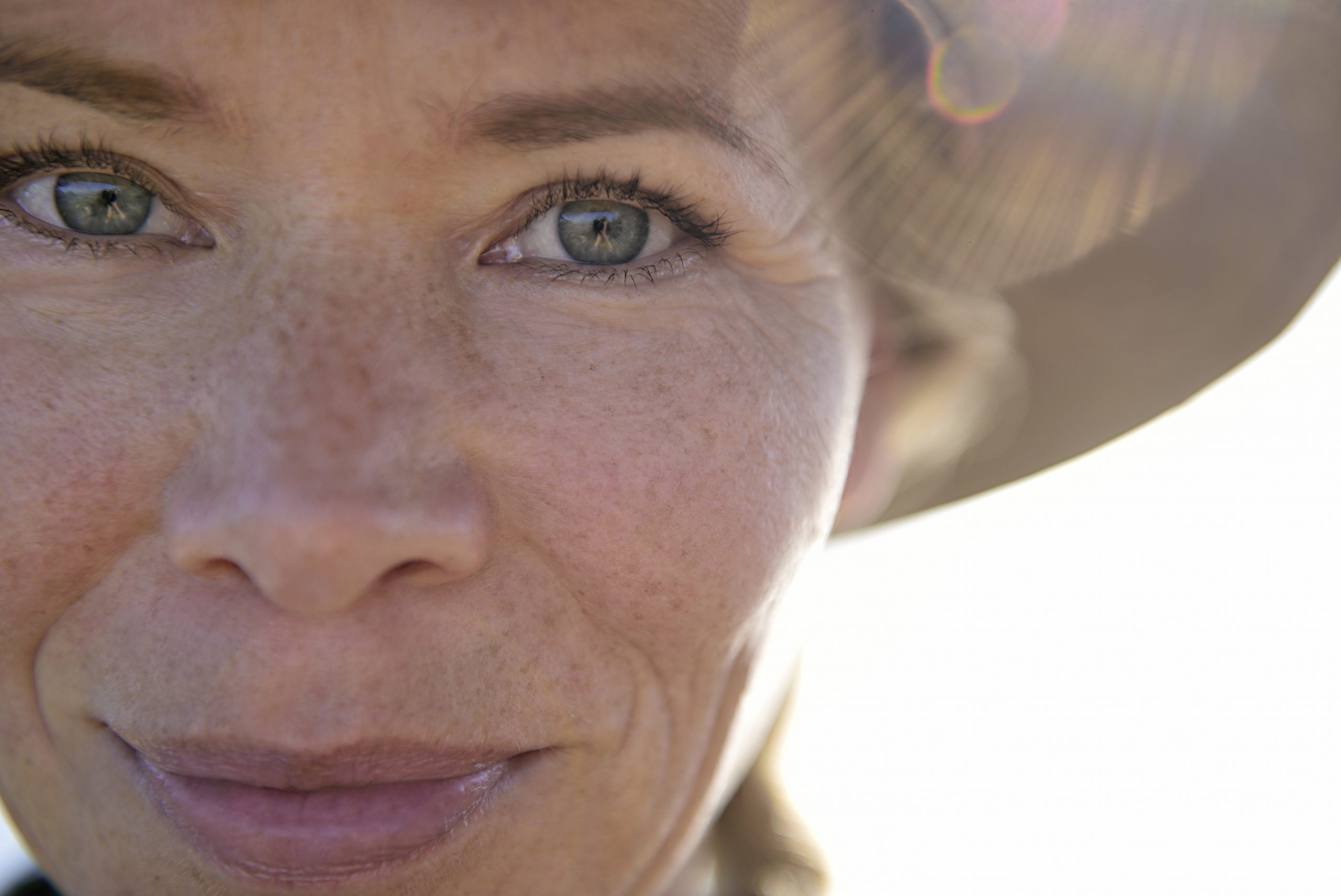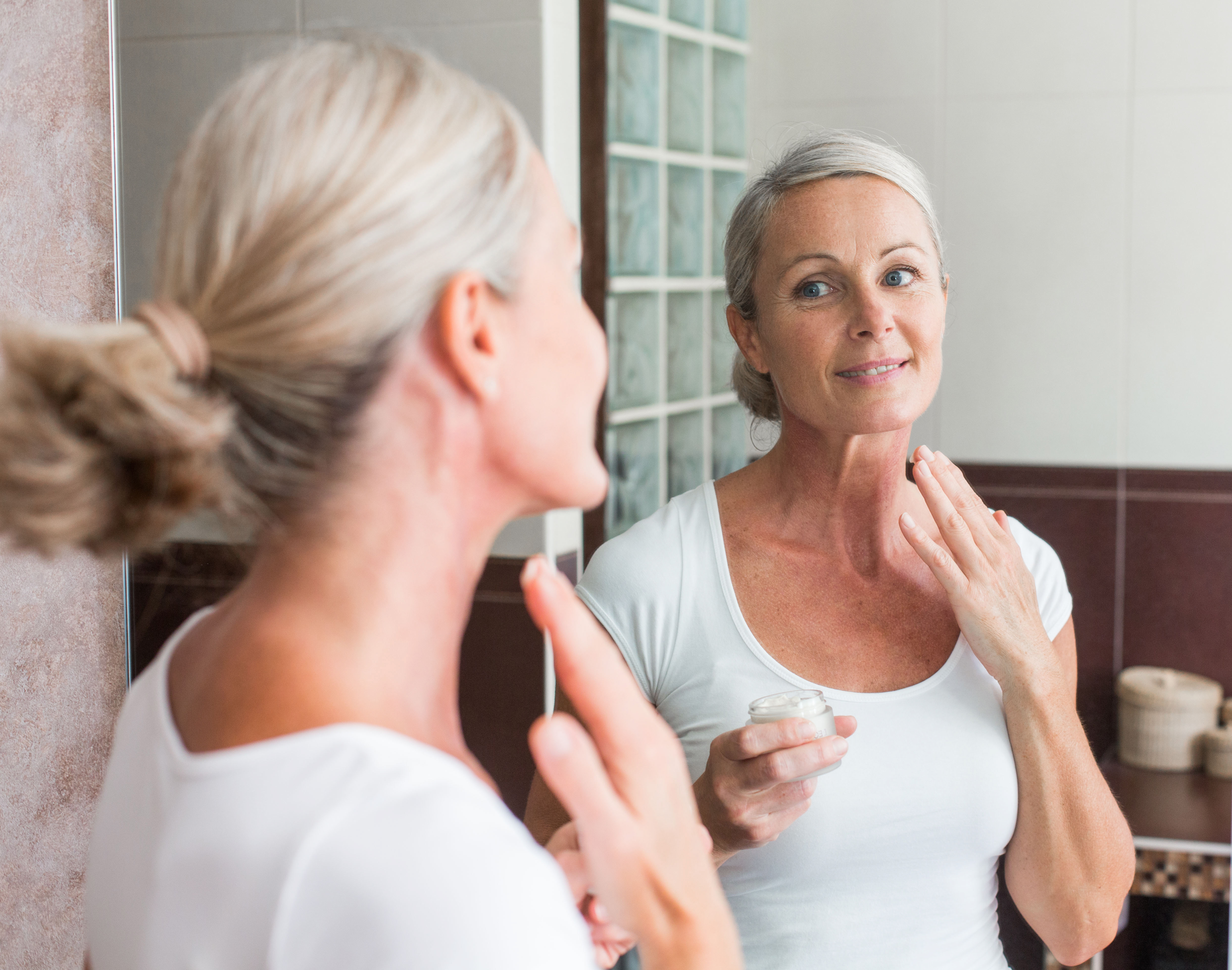New cream being trialled to help get rid of sun spots in just a week

If you have, or are currently affected by sun spots dotted around your face, you'll probably be interested in finding out about a new cream being developed to help combat them.
According to the Daily Mail, scientists are currently working on the production of a brand new cream which will, reportedly, help get rid of sun spots without the need for painful treatment. The findings appeared in the British Journal of Dermatology.
Often, sun spots need to be frozen off with liquid nitrogen, if patients want them gone - an often painful process.
But Ameluz, as the cream has been named, will allegedly make the spots simply scab over and drop off, after being applied to the face. And reportedly, it can get rid of the majority of sun spots.
Researchers at the University of Tampere have found that the cream can potentially remove over 80% of sun spots in about a week - meaning it's fast as well as effective.
Sun spots, medically known as actinic keratoses, are usually brown patches on your face which come about as a result of years of too much sun exposure. They can often be dangerous, as there is potential for them to turn into skin cancer if left untreated.
At the moment, creams do exist to treat sun spots, but they often take a long time to work. They also come with significant side effects, such as soreness and inflammation. Freezing the spots - a method called cryotherapy - works much faster, but can often be very painful for patients.
Sign up to our free daily email for the latest royal and entertainment news, interesting opinion, expert advice on styling and beauty trends, and no-nonsense guides to the health and wellness questions you want answered.

Currently, the new cream, which uses aminolevulinic acid, has not been approved for use in the United Kingdom, but the acid itself is in cirulation in the United States to treat sun spots.
However, if the cream is approved for the UK, patients will have to utilise light therapy too, and sit outside for two hours a day whilst wearing it, to ensure it works.
It's thought that around a quarter of UK residents have sun spots at the moment. People with sun spots should be extra cautious, as they can turn into cancerous lesions. Stay out of the sun as much as possible, wear plenty of high-factor sun cream, and always try to wear a hat when out and about in high temperatures.
Amy Hunt is an experienced digital journalist specialising in homes, interiors and hobbies. She began her career working as the features assistant at woman&home magazine, before moving over to the digital side of the brand where she eventually became the Lifestyle Editor up until January 2022. Amy won the Digital Journalist of the Year award at the AOP Awards in 2019 for her work on womanandhome.com.

